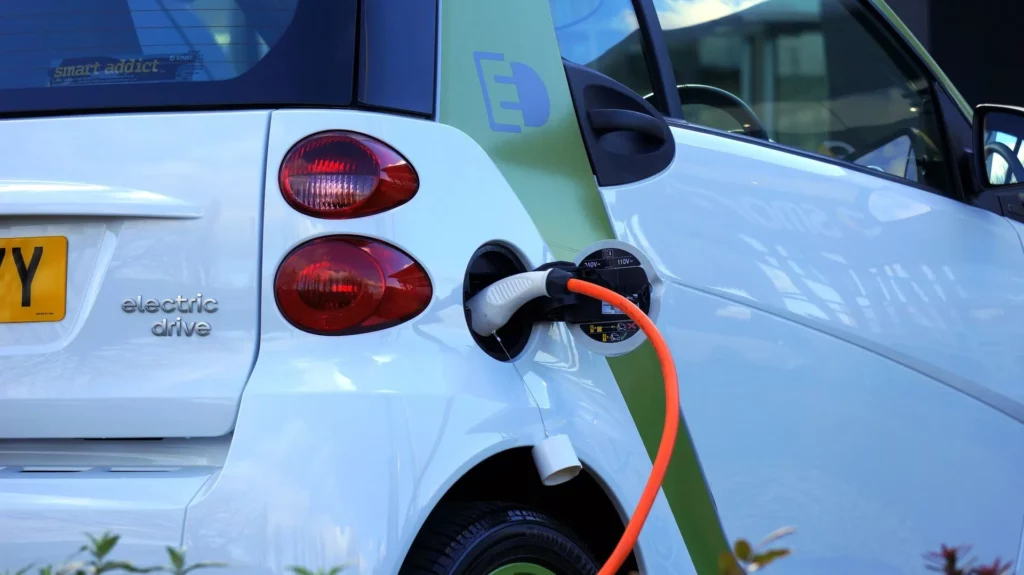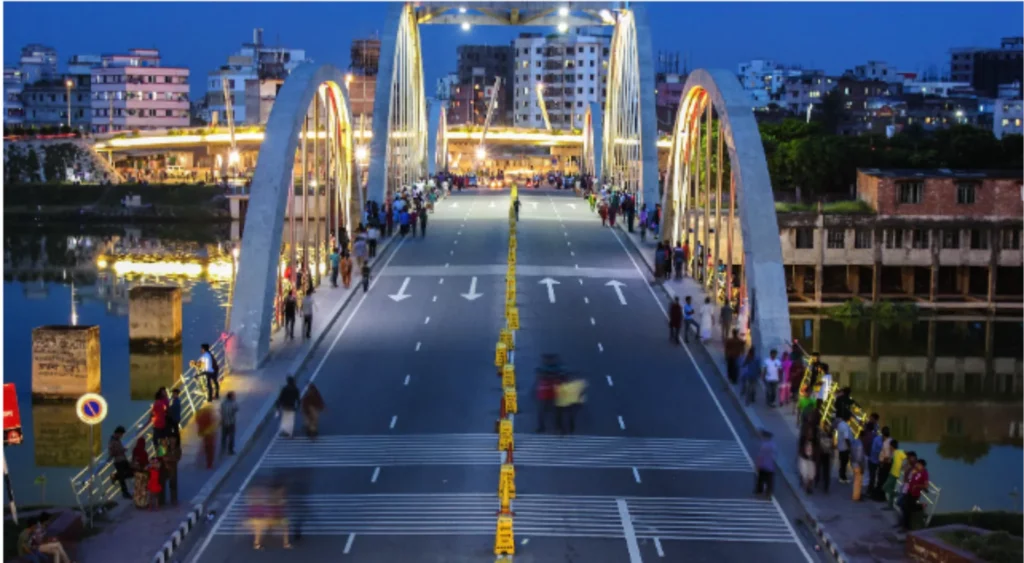James writes about science and technology.
Autonomous cars could prove to be splendid news for parking, according to new research from the University of Toronto. Because self-driving cars can park themselves, you can get out beforehand. Since you don’t need to open the door once parked you can cram many more cars in. But according to the researchers, if autonomous cars work together, even more space can be saved – though perhaps not surprisingly there’s a trade-off to think about too…
“In a parking lot full of AVs [autonomous vehicles], you don’t need to open the doors, so they can park with very little space in between,” explains Professor Matthew Roorda, an author of the new research. So far, so intuitive: you can save space in a car park by cramming the cars like sardines, which self-parking cars allow you to do.
But autonomous cars can potentially go further. “You also don’t need to leave space for each car to drive out, because you can signal the surrounding AVs to move out of the way,” Roorda adds. So rather than having parking islands two cars deep, they can be much larger grids with many rows and columns of spaces. Cars parked near the middle will be able to tell the cars needed to move out the way.
To work out the best balance of parking space and time to park and get out, the researchers made a computer model to test different layouts. Their analysis showed that, in a square parking lot, it’s possible to make room for up to 87 percent more cars than normal. However, factoring in waiting times, the team thinks an increase of 62 percent is the sweet spot.
Not that a parking lot needs to commit to any one layout. “If demand changes – for example, if you need to pack more cars into the lot – you don’t need to paint new parking spaces,” Bahrami adds. “Instead, the operator can just signal the cars to rearrange themselves. It will take longer to retrieve your vehicle, but you will fit more cars in.”

Of course, with a self-driving car, you don’t even need to go to the parking lot. Simply get out at your desired location while your car trundles off to park. But there’s a potential down-side to this, according to the researchers. The parking lot may benefit, but roads may not.
“Right now, we have a lot of cars on the road with just one passenger,” Roorda explains. “If we locate AV parking lots too far away from major attractions, we could end up with streets crowded with vehicles that have zero passengers, which would be worse.”
There are two obvious benefits to all of this: squeezing more cars into an existing parking lot, or reducing the size of parking lots to meet the same demand, freeing up valuable land – particularly in cities. Of course, the approach requires 100 percent of the cars to be autonomous, so don’t expect your local parking lot to be re-planned any time soon. But the researchers point out that a car park with separate autonomous and non-autonomous parking areas would be one possibility when the demand is there.
Asurza Engineers Ltd. – www.asurza.ca – Ontario, Canada.





